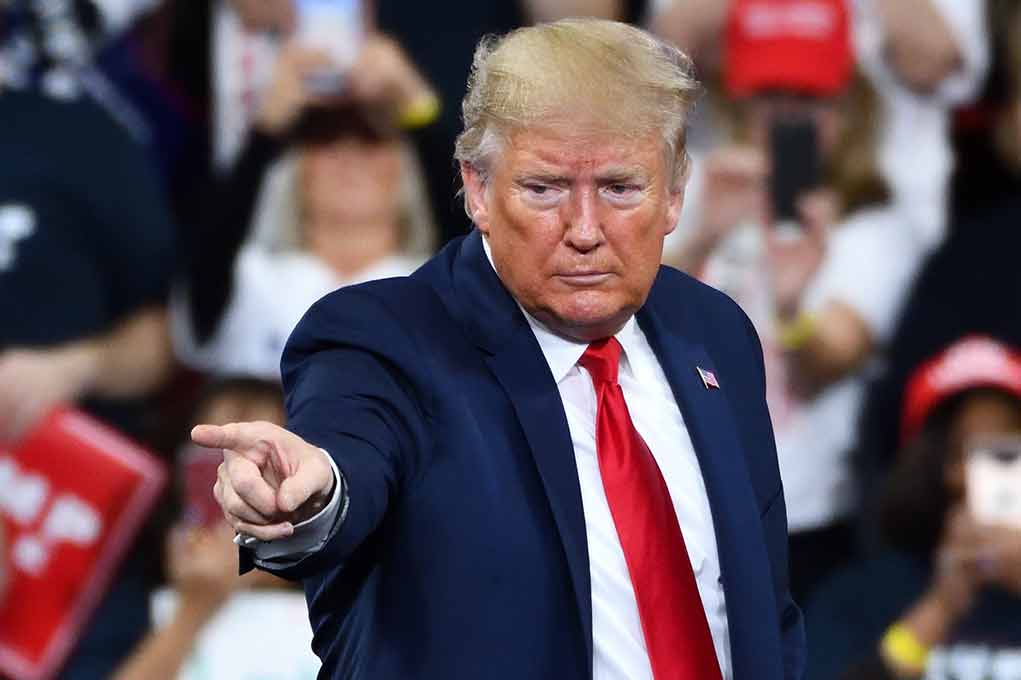
Elon Musk has directly challenged President Trump’s tariff policy by calling for the complete elimination of trade barriers between the United States and Europe, putting him at odds with the administration he advises.
Key Takeaways
- Musk advocates for a zero-tariff trade zone between the US and Europe, contradicting Trump’s recent 20% tariff on EU products
- The Tesla CEO supports greater freedom of movement for workers between the US and Europe, contrary to typical right-wing immigration stances
- Trump’s new tariff policy caused Tesla’s stock to decline, directly impacting Musk’s financial interests
- Musk criticized White House trade adviser Peter Navarro, highlighting tensions within Trump’s economic advisory team
- Italian officials are calling for de-escalation to avoid a harmful trade war between the US and Europe
Musk Proposes Radical Free Trade Alternative
While serving as a special government employee in the Trump administration, Elon Musk has publicly broken ranks on trade policy by advocating for the complete elimination of tariffs between America and Europe. His comments come just days after President Trump announced a universal 10% tariff on imports, with an elevated 20% rate specifically targeting European Union products. The timing of Musk’s opposing stance is particularly noteworthy, as it reveals significant divisions within Trump’s economic team regarding the administration’s protectionist trade approach.
“I hope it’s agreed that both Europe and the United States should move ideally, in my view, to a zero-tariff situation, effectively creating a free trade zone between Europe and North America,” said Musk.
The stark contrast between Trump’s protectionist tariff strategy and Musk’s free trade vision highlights growing tension over economic policy. Trump justified the new tariffs by pointing to trade imbalances with Europe, while Musk appears concerned about how these trade barriers could disrupt Tesla’s international supply chain. Trump’s tariff announcement sent Tesla’s stock downward along with major market indexes, demonstrating immediate real-world consequences for American businesses with global operations.
Internal Administration Friction Becomes Public
The clash between Musk and White House trade adviser Peter Navarro has spilled into public view, with Musk openly criticizing Navarro’s influence on trade policy. Navarro fired back, suggesting Musk is primarily concerned with protecting his business interests given Tesla’s global manufacturing footprint. This public disagreement reveals the competing economic interests within Trump’s advisory circle, pitting America-first protectionists against globally-oriented business leaders like Musk who rely on international supply chains.
“I think you need to be careful with tariffs,” said Musk.
As a special government employee, Musk can only officially advise the administration for 130 days, limiting his direct influence on policy. However, his close relationship with Trump and his leadership of the Department of Government Efficiency give his public statements unusual weight. The disagreement suggests deeper divisions within the administration about how to balance nationalist economic policies with the realities of global commerce. For conservatives concerned about government overreach, this internal debate represents healthy scrutiny of policies that could have unintended consequences for American businesses.
Worker Mobility Proposal Raises Eyebrows
Perhaps most surprising in Musk’s comments was his call for greater freedom of movement for workers between the United States and Europe. This stance appears to contradict the strict immigration policies typically associated with conservative politics, suggesting Musk is taking a more nuanced approach focused on economic efficiency rather than ideological purity. His advocacy for skilled worker mobility reflects his business experience at companies like Tesla and SpaceX, where access to global talent has been crucial for innovation.
European officials, particularly from Italy, have urged restraint and called for de-escalation of trade tensions. Italy’s Economy Minister warned against retaliatory measures that could escalate into a harmful trade war. Musk’s intervention comes at a critical moment when both sides are calculating their next moves. For American consumers already struggling with inflation, a trade war could mean higher prices on European goods ranging from food products to vehicles. If Musk succeeds in moderating Trump’s tariff approach, it could prevent a costly economic confrontation that would harm both economies.
Sources:
- Elon Musk pushes for US–Europe zero-tariff zone amid growing far-right ties – The Economic Times
- Musk Hopes for ‘Zero Tariff Situation’ Between US, Europe | The Epoch Times
- Elon Musk says he wants ‘zero’ tariffs between the US and Europe

